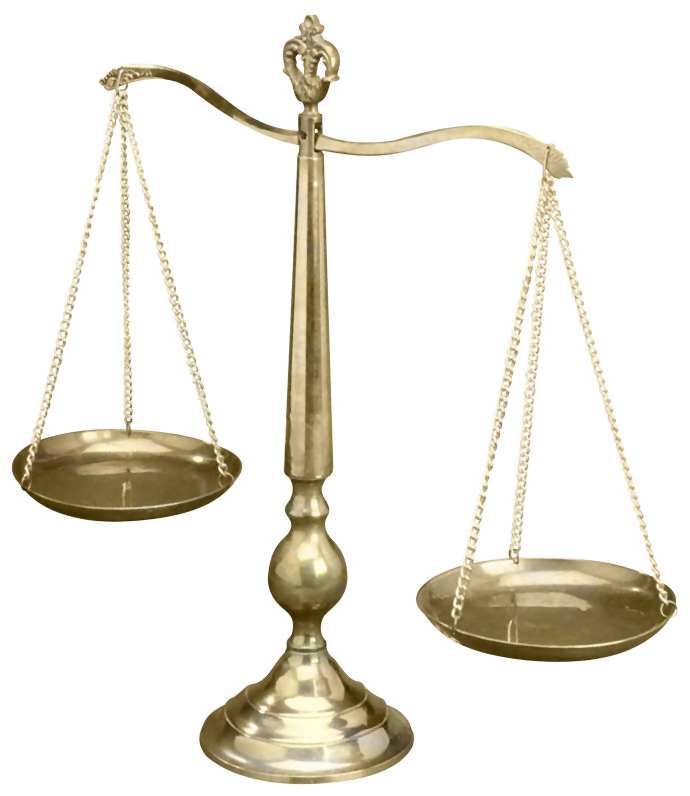System Overload: Justice Policy Institute Releases Report on Stressed Public Defense System
Yesterday, the Justice Policy Institute released a report which takes a comprehensive look at the economic, social and ethical costs of underfunded public defense systems. From JPI’s press release:
System Overload: The Costs of Under-Resourcing Public Defense found that public defense systems across the country are overburdened, and considers how the busting-at-the-seams systems affect state and county budgets, the lives of those behind bars, the impact on their families, and the challenges of re-entering communities after serving time. The study further looks at why dedicated public defenders do not have enough time to conduct thorough investigations, or meet with and provide quality representation for their clients – many of whom are low-income earners and people of color – contributing to disparities in the criminal justice system.
The report goes on to make several recommendations about how the system can be improved:
- Integrate a holistic and community-based approach to public defense. Community-based and holistic approaches to defense can help address the root causes of justice system involvement and prevent future involvement by treating the whole client. This can improve public safety, save money on corrections and have a positive impact on people and communities.
- Collect better data and conduct more empirical evaluations on the impact of public defense systems on people, communities and criminal justice. Rigorous research and data collection on all justice policies and practices, but especially public defense, can help policymakers make informed decisions on policies that impact public defense.
- Involve public defenders and affected communities in the policymaking process. As people who are directly involved with the laws and policies in a state or locality, defenders are in the unique position of being able to offer insight on the impact these policies have on people, on their law offices, and on the justice system. As such, defenders should be actively engaged in the policymaking process for criminal justice policies as equal partners in the justice system.
- Actively seek out the voices and perspectives of people who have used defender services to gain a better understanding of the realities of various systems and the implications for people. Nobody knows better the impact of criminal justice policies and practices than people who are involved in the justice system. Involving people directly impacted by the justice system will provide crucial information on making better and more effective and just policies.
To read the full report, click here. For a summary fact sheet, click here.














